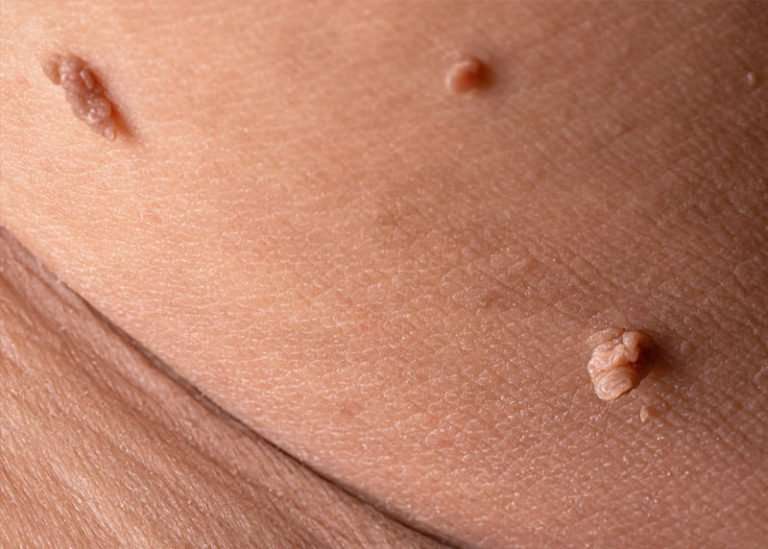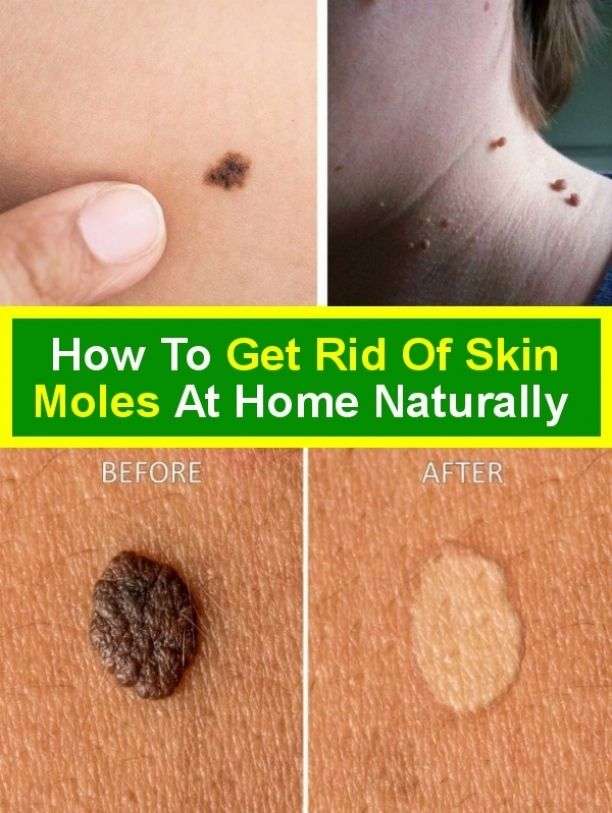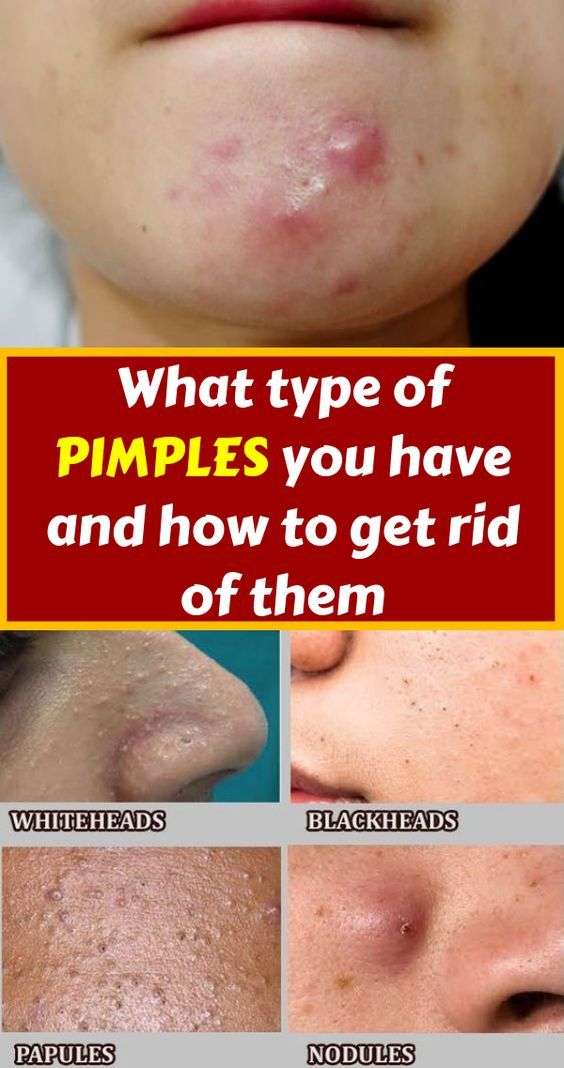Treating Stage Iv Melanoma
Stage IV melanomas have already spread to distant lymph nodes or other areas of the body. Skin tumors or enlarged lymph nodes causing symptoms can often be removed by surgery or treated with radiation therapy.
Metastases in internal organs are sometimes removed, depending on how many there are, where they are, and how likely they are to cause symptoms. Metastases that cause symptoms but cannot be removed may be treated with radiation, immunotherapy, targeted therapy, or chemotherapy.
The treatment of widespread melanomas has changed in recent years as newer forms of immunotherapy and targeted drugs have been shown to be more effective than chemotherapy.
Immunotherapy drugs called checkpoint inhibitors such as pembrolizumab or nivolumab are typically the first drugs tried, especially in people whose cancer cells do not have BRAF gene changes. These drugs can shrink tumors for long periods of time in some people. Ipilimumab , a different type of checkpoint inhibitor, is not typically used by itself as the first treatment, although it might be combined with nivolumab or pembrolizumab. This slightly increase the chances that the tumor will shrink, although itâs also more likely to result in serious side effects, which needs to be considered carefully. People who get any of these drugs need to be watched closely for serious side effects..
Itâs important to carefully consider the possible benefits and side effects of any recommended treatment before starting it.
Red Clover For Skin Cancer Treatment
Red clover extract is a protected and effective remedy to treat skin cancer regularly. You can utilize a fluid manifestation of the clover as a clamp on your skin. This will help keep the structuring of new skin tumors.
Accessible both in fluid and container structures, the red clover can be utilized to effectively check the development of fresh recruits vessels that block the blood supply to tumors. Brew about 4 gram of red clover as a tea and bathe in it.
Skin Cancer Signs And Symptoms: Melanoma Patients Share Stories
Everyone should also understand their own risk profile, Gastman said. Risk factors include having multiple sunburns in childhood, having 50 or more moles, being fair-skinned with blue eyes and having a family history of melanoma. A person who checks all the boxes is at an extremely high risk of melanoma and probably needs to see a dermatologist twice a year, he noted.
Others may just need to do self-exams and bring any changes based on the ABCDEs of melanoma to their doctors attention. The E, which stands for evolving, is the most important part, he noted. That means a mole thats changing color, becoming more irregular or asymmetric, growing, itching, bleeding, crusting, ulcerating or painful.
You May Like: What Foods Prevent Skin Cancer
What Are The Claims About Skin Cancer And Apple Cider Vinegar
Various internet sites and blogs claim that apple cider vinegar can help treat skin cancers, including basal cell carcinomas, squamous cell carcinomas, melanomas, and precancerous lesions . Other sources offer tutorials for removing moles or skin tags.
Most of these sites provide personal, anecdotal accounts from people who say the vinegar cured their skin cancer.
Some of the sources encourage patients to drink apple cider vinegar, while others suggest applying it directly to the skin cancer. Many recommend doing both.
RELATED: Can Apple Cider Vinegar Help Treat Crohns?
Skin Grafting And Skin Flaps

If a large portion of cancerous skin is removed during surgery, yoursurgeon may use a skin flap or skin graft to repair the skin. The skingrafting process includes repairing the affected area using skin fromanother part of your body, such as your thigh or groin.
Skin flaps are similar to skin grafts in that they include repairing thearea using skin from another part of the body. Often the surgeon will tryto reconstruct the defect with tissue that is adjacent to the defect. Thiswill transfer tissue of like color and texture. One advantage with the useof skin flaps, is that tissue that is retrieved comes with its own bloodsupply. Flaps may be used when the area that is missing skin does not havea good supply of blood due to the location or damage to the vessels. In thehead and neck the use of adjacent tissue flaps gives a more aestheticresult.
The option for a skin flap can be more complicated but has better cosmeticresults. In some cases, additional cosmetic procedures may be required toimprove appearance.
You May Like: Is Basal Cell Carcinoma Malignant
Health & Wellnessthese States Have The Highest Rates Of Melanoma Caused By Ultraviolet Radiation
For a month, Gupman walked around with a dime-sized hole in my ear before it was rebuilt using skin from his left leg. He called the results absolutely amazing. But a nerve was nicked during the surgery so he doesn’t have feeling in the left side of his face.
Gupman, a government employee and a single father of three who lives in Silver Spring, Maryland, now receives immunotherapy. He has to undergo scans every three months and will receive frequent skin checks for the rest of his life because theres a high chance of reoccurrence, he said.
About 25% of all melanomas occur in the head and neck, said Dr. Brian Gastman, surgical director of the Melanoma & High-Risk Skin Cancer Program at the Cleveland Clinic in Ohio. He called melanoma of the ear extremely common, recalling a recent case where he removed about two-thirds of the patient’s ear.
It is sneaky. The ear itself is a very wavy structure sometimes are found because of pain or bleeding, said Gastman, who is not treating Gupman but commented in general.
The problem with the ear is probably of all the sites in the body, no more site than maybe the ear is connected through so many channels we call lymphatics to lymph nodes.
Can Apple Cider Vinegar Be Dangerous
Using apple cider vinegar on your skin can lead to dangerous burns. In a 2015 paper, dermatologists treated a 14-year-old who applied apple cider vinegar to a mole and was left with skin damage on her face.
The authors wrote: Common vinegars are weak acids that contain 4 to 8 percent acetic acid, which can erode the skin and cause significant chemical burns, especially when applied under occlusion. Occlusion means the area is covered and the ACV is prevented from evaporating.
In another report, dermatologists at Yale University in New Haven, Connecticut, documented the treatment of an 8-year-old child whose mother applied apple cider vinegar to his skin lesion. The next day, the child had a chemical burn.
Another reason to hold off on applying ACV to a mole is that if you do manage to burn it off, your doctor cant tell if it was cancerous or precancerous. When doctors remove melanoma, they typically cut out the mole plus some tissue underneath to make sure all the cancerous cells are gone.
Ingesting apple cider vinegar isnt without risk, either. If you consume too much of the vinegar, or dont dilute it enough, you could experience the following:
- Nausea
Recommended Reading: What Are The Types Of Skin Cancer
Metastasis & How Cancer Spreads
Cancer spreads, or metastasizes, to other parts of the body in three basic ways:
Three basic kinds of testing are used to determine if the cancer has spread:
Skin Cancer Diagnoses Vary Widely Know Your Options
Skin cancer is the most common cancer in the United States, affecting about 3.5 million Americans each year. Non-melanoma skin cancers, such as basal cell carcinoma and squamous cell carcinoma, are not likely to spread and may require little more than minor surgery or topical treatment. Melanoma, which accounts for about 1 percent of all skin cancers but is responsible for most skin cancer deaths, may spread through the lymphatic system or bloodstream to other organs. Because occurrence of this disease varies so widely, turning to a team of experts may be essential to understanding your disease and the options available to treat it. The pathologists and oncologists at our cancer hospitals are experts in treating skin cancer.
At Cancer Treatment Centers of America® , our doctors;treat cancer every day, giving them the knowledge and experience to help you make informed decisions about your care. Your oncologist may recommend surgery, immunotherapy or targeted therapy, and plastic surgery;to restore your function and appearance, if necessary. Your care plan may also include evidence-informed supportive care therapies;to help you address skin cancer-related side effects, such as sun sensitivity, skin dryness, itchiness and redness, fatigue, swelling or nausea.
Concerned about your skin cancer risk? Take our;five-minute risk assessment, and get an action plan based on your answers.
Read Also: Can Basal Cell Carcinoma Be Fatal
Who Gets Skin Tags
Anyone can develop a skin tag.
About 46 percent of people in the United States have skin tags. They tend to be most common in people who undergo hormonal changes, such as pregnancy, as well as those who have metabolic disorders.
While skin tags can occur at any age, they seem to appear more frequently in adults who are 60 years or older.
Do I Need Medical Treatment
While basal cell carcinoma is a relatively mild form of skin cancer that is unlikely to metastasize or cause secondary health concerns, medical supervision is advised for any type of cancer. A qualified professional can help you determine the severity of your condition and suggest an appropriate course of treatment.
Don’t Miss: Is Skin Cancer Always Visible
Why Use Cbd For Skin Cancer
Skin cancer is one of the most common, most treatable, and yet also one of the deadliest types of cancer. It typically presents as a skin lesion that wont heal and tends to keep growing and ulcerating indefinitely. When caught at an early stage, this cancer can often be cured fairly easily by removing the affected area. Things can get a bit trickier once it has metastasized which means it has progressed below the surface of the skin and burrowed into vital organs.
In recent years, there has been increasing attention to the use of cannabis and CBD oil for skin cancer1.
Anyone who starts exploring the topic of CBD for cancer will eventually come across CBD oil cancer testimonials.
Are these claims realistic? Should patients now consider using CBD oil for skin cancer as part of their treatment? What is the position of the scientific community on this matter? These are just some of the questions that will be clarified in this article.
What Happens During Mohs Surgery

Youre fully awake during the surgery and we explain the procedure and the involved steps in detail, Dr. Knackstedt says.
First the site of the cancer is numbed, then the doctor quickly removes the cancerous tissue and;a bit of the;surrounding;tissue. The area is mapped, and the tissues and margins examined microscopically by the doctor for cancer, all while you wait in the doctors office.
During the tissue examination, theres lots of downtime;during which;you can relax,;Dr. Knackstedt says.;He;recommends;that;patients bring a book or electronic device to pass the time.
Read Also: How Quickly Can Melanoma Appear
What Is Apple Cider Vinegar
Apple cider vinegar is a strong-smelling vinegar thats made from apples that have been crushed, distilled, and fermented. Most people describe the taste as sour.
The vinegar has high levels of acetic acid, which is thought to provide health benefits. It also contains polyphenols special antioxidants that are known to lessen the cell damage thats associated with diseases like cancer.
Some cooking recipes call for apple cider vinegar. Its also commonly used as a cleaning solution, skin toner, teeth whitener, or alternative health treatment.
RELATED: Is Apple Cider Vinegar Good for Alzheimers Disease?
Physical Emotional And Social Effects Of Cancer
Cancer and its treatment cause physical symptoms and side effects, as well as emotional, social, and financial effects. Managing all of these effects is called palliative care or supportive care. It is an important part of your care that is included along with treatments intended to slow, stop, or eliminate the cancer.
Palliative care focuses on improving how you feel during treatment by managing symptoms and supporting patients and their families with other, non-medical needs. Any person, regardless of age or type and stage of cancer, may receive this type of care. And it often works best when it is started right after a cancer diagnosis. People who receive palliative care along with treatment for the cancer often have less severe symptoms, better quality of life, and report that they are more satisfied with treatment.
Palliative treatments vary widely and often include medication, nutritional changes, relaxation techniques, emotional and spiritual support, and other therapies. You may also receive palliative treatments similar to those meant to get rid of the cancer, such as chemotherapy, surgery, or radiation therapy.
Before treatment begins, talk with your doctor about the goals of each treatment in the treatment plan. You should also talk about the possible side effects of the specific treatment plan and palliative care options.
Recommended Reading: How To Identify Basal Cell Carcinoma
Facts About Skin Cancer
- The skin is the bodyâs largest organ. Its job is to protect internal organs against damage, heat and infection. The skin is also the most exposed organ to sunlight and other forms of harmful ultraviolet rays.
- More than 1 million cases of basal and squamous cell skin cancers will be diagnosed in the United States this year. These cancers can usually be cured. 65,000 cases of melanoma will be diagnosed this year.
- More than 7,000 men and 3,710 women will die from the disease this year.
- Melanoma is 10 times more common among Caucasians than in African-Americans.
Recurrence In Nearby Lymph Nodes
If nearby lymph nodes werenât all removed during the initial treatment, the melanoma might come back in these lymph nodes. Lymph node recurrence is treated by lymph node dissection if it can be done, sometimes followed by adjuvant treatments such as radiation therapy and/or immunotherapy or targeted therapy . If surgery is not an option, radiation therapy or systemic treatment can be used.
Don’t Miss: What Happens If I Have Skin Cancer
Cbd Dosage For Skin Cancer
Finding the right dose of CBD oil for skin cancer will depend on several factors, such as your tollerance for CBD as well as the severity of your condition. We recommend starting low and gradually increasing the dossage until you see an improvement. We draw our recommendation from the book ;CBD: A Patients Guide to Medical Cannabis by Leonard Leinow and Juliana Birnbaum9 We describe this approach in detail in our post on CBD dosage.
CBD oil is safe to use both topically as well as internally, and in fact, it should be administered both ways at once to get the best results. Patients who are undergoing chemotherapy or radiotherapy as part of their cancer treatment should benefit greatly from adding CBD oil to their diet. There are many studies available showing a CBD is very useful to minimize the side effects of conventional cancer treatments, and some evidence suggests its use is associated with improved survival rates10.
About The Radiation Oncology Team
Radiation oncologists are the doctors who oversee the care of each person undergoing radiation treatment. Other members of the treatment team include radiation therapists, radiation oncology nurses, medical physicists, dosimetrists, social workers and dietitians. For information on what each of these professionals does or to locate a radiation oncologist near you, visit rtanswers.org.
Don’t Miss: How Many People Survive Skin Cancer
Basal Cell Carcinoma Squamous Cell Carcinoma Of The Skin And Actinic Keratosis Often Appear As A Change In The Skin
Not all changes in the skin are a sign of basal cell carcinoma, squamous cell carcinoma of the skin, or actinic keratosis. Check with your doctor if you notice any changes in your skin.
Signs of basal cell carcinoma and squamous cell carcinoma of the skin include the following:
- A sore that does not heal.
- Areas of the skin that are:
- Raised, smooth, shiny, and look pearly.
- Firm and look like a scar, and may be white, yellow, or waxy.
- Raised and red or reddish-brown.
- Scaly, bleeding, or crusty.
Basal cell carcinoma and squamous cell carcinoma of the skin occur most often in areas of the skin exposed to the sun, such as the nose, ears, lower lip, or top of the hands.
Signs of actinic keratosis include the following:
- A rough, red, pink, or brown, scaly patch on the skin that may be flat or raised.
- Cracking or peeling of the lower lip that is not helped by lip balm or petroleum jelly.
Actinic keratosis occurs most commonly on the face or the top of the hands.
Nutrition And Diet For Skin Cancer

Skin experts know that the mineral zinc and the antioxidant vitamins A , C, and E can help repair damaged body tissue and promote healthy skin. Now, researchers are trying to determine whether these and other nutrients might protect skin from the harmful effects of sunlight. To test the theory, selected skin cancer patients are given experimental supplements of these vitamins in the hope of preventing cancer recurrence.
Nicotinamide 500 mg twice daily helps to reduce the incidence for squamous cell and basal cell skin cancers by 23%.
Polypodium Leucotomos oral supplement has been shown to alter the effects of UVB light.Also studies suggest that alcohol consumption can increase the risks of skin cancer and melanoma- stay tuned for more definitive studies.
Read Also: What Is Stage 2 Melanoma Skin Cancer